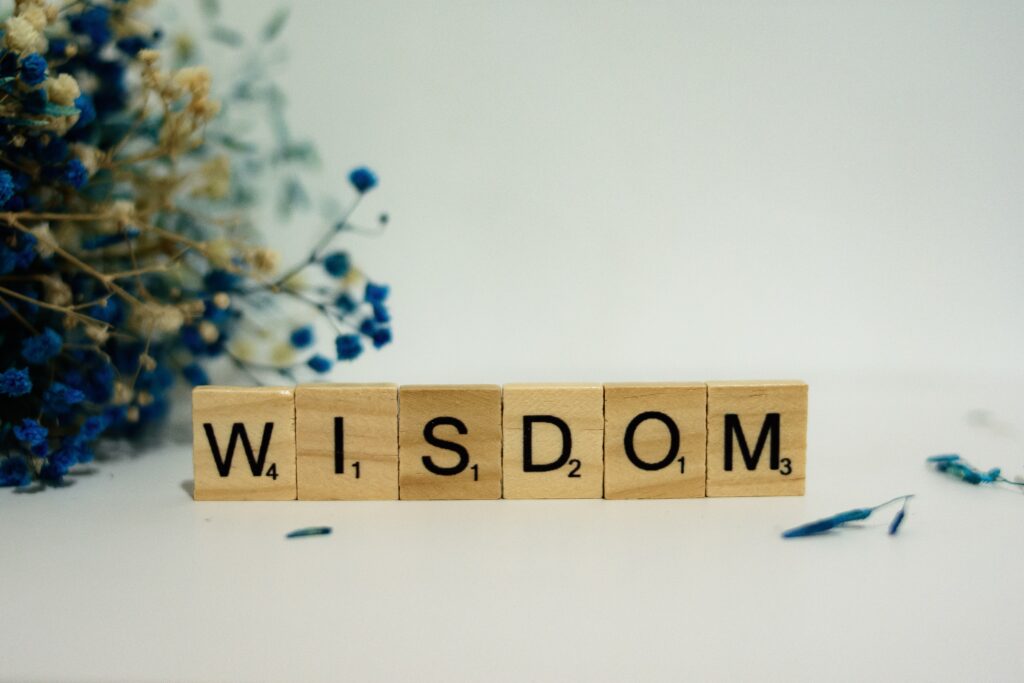August 2022
By Richard Fleming

It may seem strange, but I feel I missed middle age. What happened? Where did it go?
I’m 71. For most of my life I have felt fairly young. I have been full of energy and confidence. Life was rich with possibilities. Middle age always seemed a nebulous concept, off in the distance. It was the gateway to old age, and I certainly did not feel I was approaching that threshold. Middle aged people lacked energy and mental acuity. This was not how I saw myself. While I didn’t spend a lot of time dwelling on precisely when middle age started, it always seemed to be five or ten years beyond my age at the time.
When I was in my thirties, middle age seemed to apply to those 50 years old and above. In my mid-forties, I still possessed vim and vigor. I assumed middle age would probably hit in my early fifties. But when I reached my early fifties, I certainly did not feel middle aged. It seemed middle age might drop onto my shoulders when I hit 60. You know, the age when folks often start having more aches and pains. When they become less sharp and snappy. But when I made it to 60, I still did not feel middle aged. I was blessed with good health and an active mind. I did not feel I was standing on the threshold of old age, and decided middle age must start around age 65.
It was when I applied for Medicare shortly before turning 65 that the erosion of the brick wall of denial began to accelerate. I looked in the mirror and the marks of a long life, well lived, were etched permanently on my face. My stamina remained reasonably intact but I noticed yard work was more taxing. It was increasingly hard to think of myself as a mature 50 year old. Reality forced me to accept I had finally left the realm of youth. And decisively so. My Medicare card brooked no equivocation. My game of dodge ball was over.
And I began to see increasing instances of newspapers and other media identifying “seniors” and “the elderly” as those 65 and above. Sometimes even 60 and above!
Truth became even harder to avoid when the covid-19 pandemic hit. In discussing risks from covid-19, news sources identified those 60 or 65 and above as being at highest risk of complications. This age group – my age group – was being labelled by physicians and epidemiologists as elderly! Wait, I wanted to shout. How could members of my own profession, physicians, betray me in such cavalier fashion? I was just beginning to accept that I might be entering middle age. Was I expected to suddenly, with no advance warning, accept being viewed as a senior citizen? Something was desperately wrong here.
As I reflect back on why I missed middle age, I think it is because the idea of middle age gets precious little respect. Youth is a valued concept. Young people are full of energy and potential. They enjoy their lives with few limitations. They are the engines of our culture, society, and politics. They are the genesis of our future.
And as far as seniors are concerned, they too are treasured in many respects. They are solid and stable. They serenely carry the weight and responsibility of history. Sometimes they are viewed as wise. And they are exempted from many societal responsibilities, like working, building families, and paying into the Social Security Trust Fund. They even get discounts at movie theaters.
But middle aged people? For too long, I thought they had little value. They had lost the virtues of youth and were yet to acquire the dignity of the elderly. They lingered precariously at the gateway between youth and old age, looking wistfully back at a past which cannot be reclaimed. And yet they were also not eligible to apply for the benefits and respect accorded the golden years. Who would want to claim the mantle of middle age?
But wait. Now that I am an officially-certified senior citizen, I feel much more positive about the virtues of middle age. Those inhabiting this oft-neglected stage of life’s journey survived the impetuosity and risk-taking of youth. And… they are not yet elderly. Though senior citizens are intrinsically virtuous, there are unavoidable downsides to the golden years: mental and physical frailty, financial insecurities, constricting social circles. And a dwindling desire to take advantage of senior discounts at movie theaters.
I have now decided I was wrong to view middle age as the crazy uncle in the attic. Each time of life is precious and should be cherished, even middle age. In fact, I’m beginning to consider claiming the identity of middle age for myself. Just as the entry point into the middle years is poorly defined, the exit point of middle age is also murky. Maybe I’m not too late.
But no, this would not be a viable claim. It’s time – nay, it is past time – to accept my station in life. I am unavoidably, irretrievably, irredeemably, old. I need to come to terms with this reality. Middle age is receding in my rear view mirror.
Who knows, maybe I’ll set a stretch goal. What if I move beyond tolerating being old to actually embracing this stage of life? Many of my elderly patients were able to do so. Why shouldn’t I?
Therein lies my challenge.
* * *
If you enjoyed this post, please consider subscribing to be notified of future posts. Subscriptions are free.
